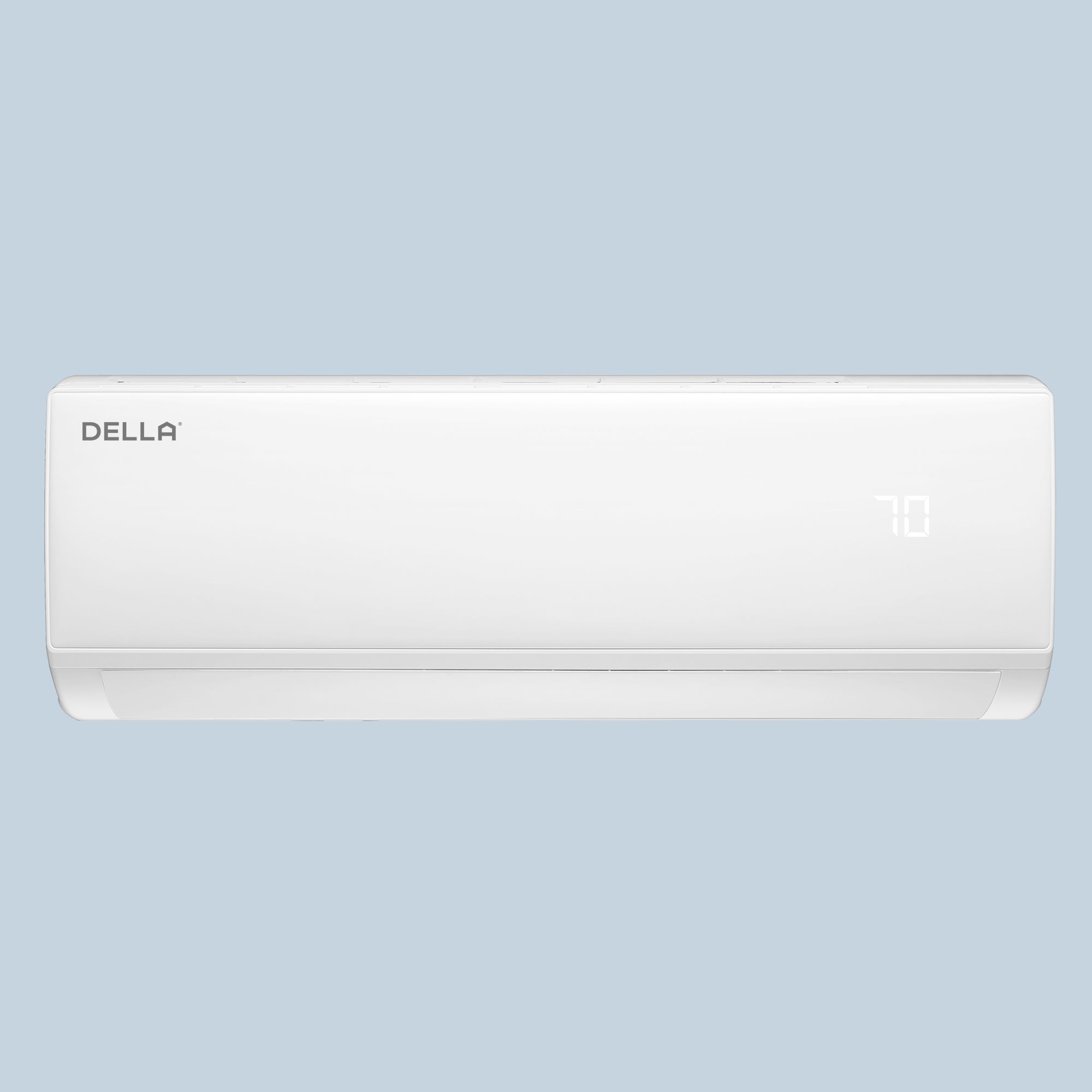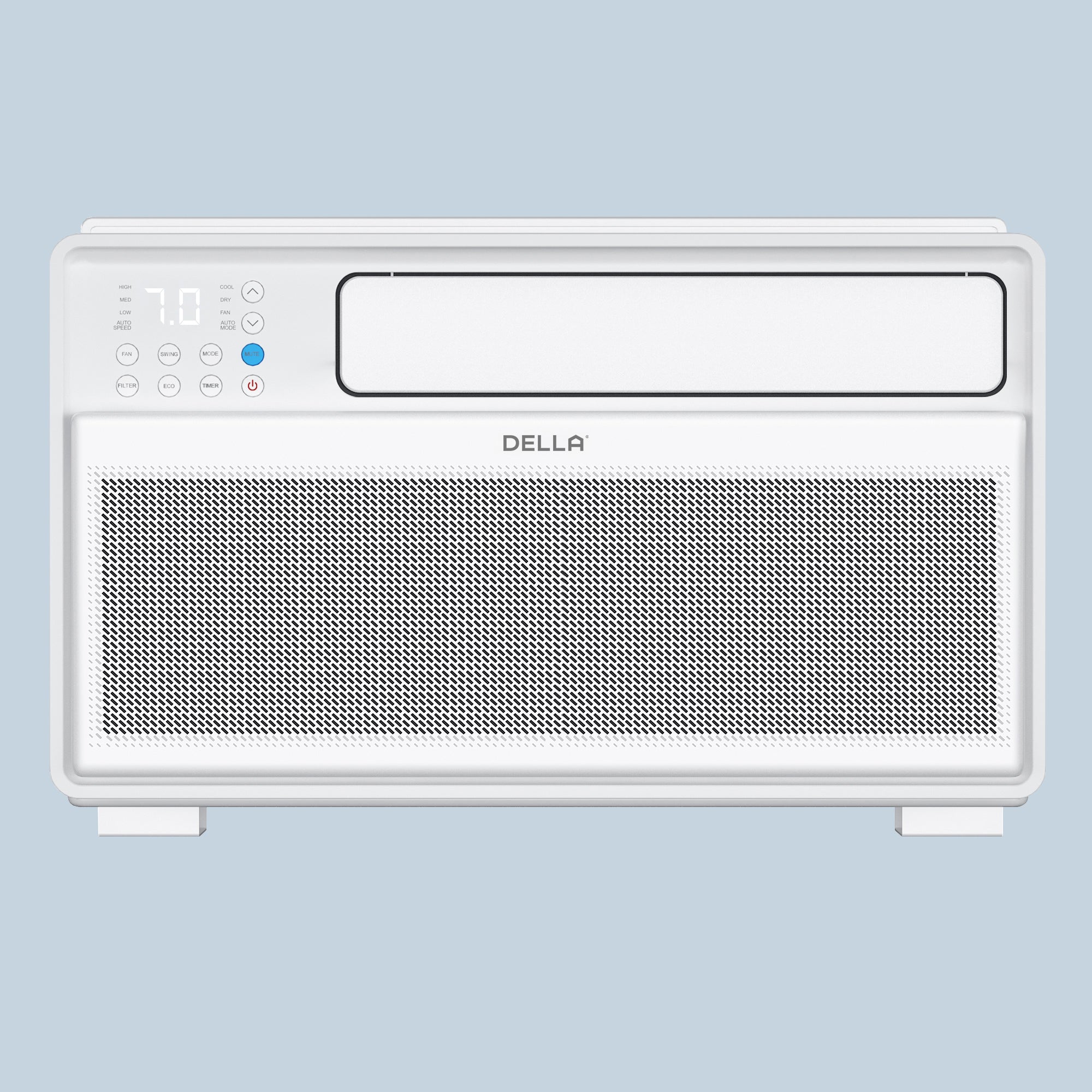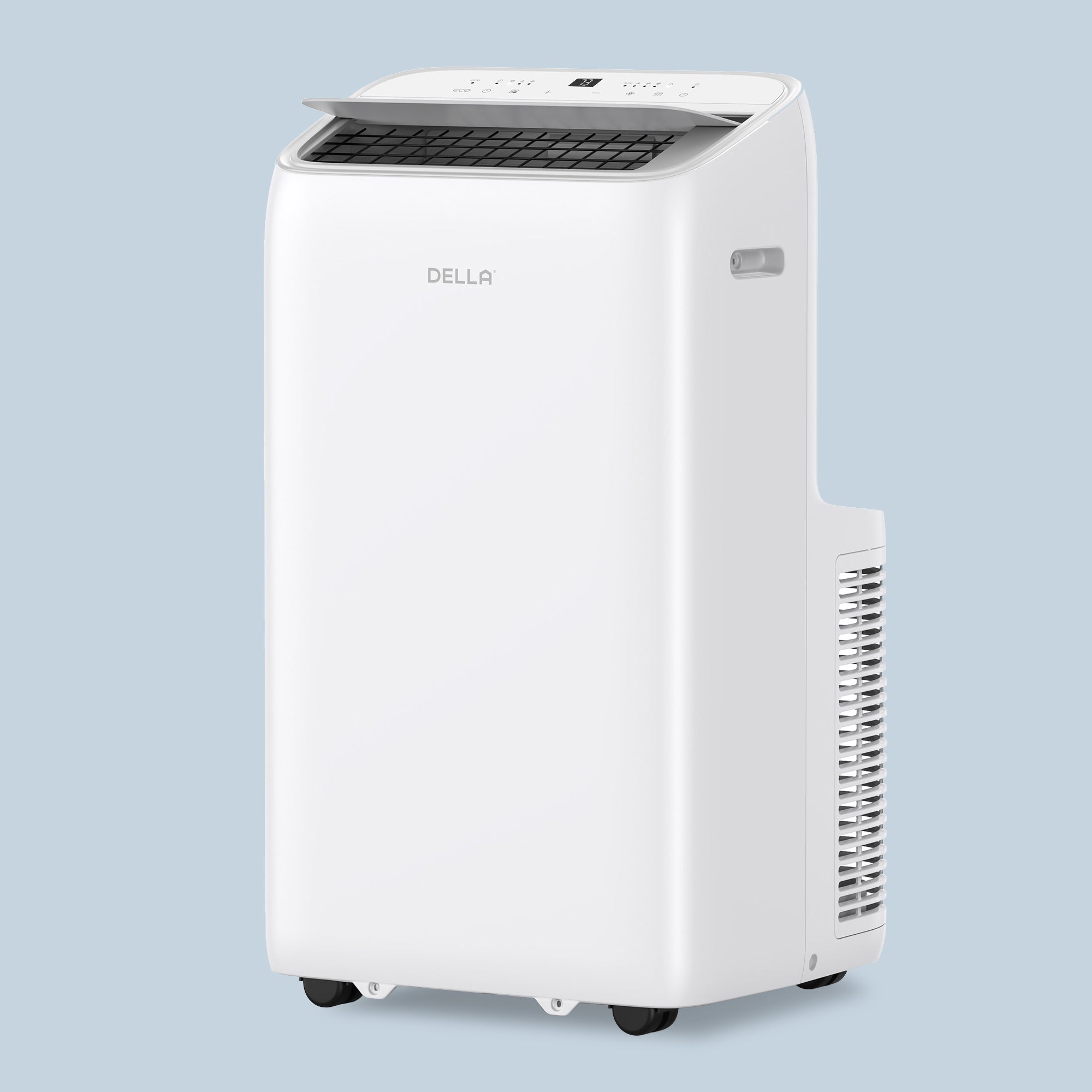If you own an older home, you appreciate the solid construction and character. But those radiators have drawbacks—uneven heat and no cooling. Installing central air means invasive ductwork that disrupts your home's integrity.
The good news? Mini splits offer modern comfort without the destruction. They provide both heating and cooling with minimal installation impact.
But can they truly replace your radiators? Let's examine the efficiency, comfort, costs, and real-world results.
What Are Radiators and Mini-Splits?
Radiator Heating
Radiators run on a simple principle. Your boiler burns oil or gas to heat water. That hot water flows through pipes to cast-iron radiators throughout your home.
The heat feels steady and comfortable. But there's a problem: you likely have one thermostat controlling everything. Your bedroom roasts while the living room stays chilly.
Those metal surfaces get scalding hot, too. Touch one by accident and you'll get burned. It's especially dangerous for kids.

Ductless Mini-Split Systems
Mini splits take a different approach. An outdoor condenser connects to indoor units mounted in your rooms. No ductwork is needed.
Each room gets its own control. You set different temperatures wherever you want them.
Here's the key difference: mini-splits transfer heat instead of creating it. They move existing heat from outside to inside. This makes them far more efficient than burning fuel in a boiler.
Can Mini-Splits Replace Radiator Heating in Older Homes?
Mini splits can fully replace your radiators. But the best choice depends on your situation. Your climate, budget, and comfort needs all matter. Many homeowners keep both systems and use them together.
Energy Efficiency Benefits
Mini-splits slash energy costs by 25–50% compared to old boilers. ENERGY STAR models use 60% less energy than electric radiators.
Here's why: mini splits have a high COP (Coefficient of Performance). For every unit of electricity used, you get 2–4 units of heat. Your boiler can't match that.
Cold-climate models handle extreme weather. These hyper-heat units work at -13°F to -22°F. Your home stays warm even in deep freezes.
Cost Considerations
- Operating Costs: Your savings depend on local energy prices. Electricity versus natural gas rates matter. In some areas, mini splits cost more to run during cold snaps.
- Installation Costs: Single-zone systems start at $3,000. Whole-house systems run $10,000 or more.
- Incentives and Rebates: Government rebates and tax credits reduce upfront costs. Check what's available in your area.
Ease of Installation
Mini-splits need only a 3-inch hole for refrigerant lines. Central ductwork requires tearing into walls.
Your historic features stay intact. Original plaster and woodwork remain untouched.
Installation is fast. Single zones take one day. Multi-zone systems need just a few days.
Comfort and Zoning Benefits
- Zoning: Control each room separately. Heat only occupied spaces. This solves the hot-upstairs, cold-downstairs problem that plagues radiator homes.
- Heat Quality: Radiator heat feels different. Many prefer its silent, enveloping warmth. Mini-split air can feel drafty to some people.
- Air Conditioning & Quality: Mini splits cool and heat. Radiators only heat. Built-in filters remove dust and allergens year-round.
- Noise Level: Mini-splits run at 22–32 decibels. That's like a whisper or rustling leaves. No more banging pipes or clanging radiators at night.
Important Considerations Before Switching
Fix Your Home's Envelope First
Older homes leak heat through gaps and thin walls. Seal those drafts first. Add insulation. Any heating system works better in a tight home.
Check Your Electrical Panel
Mini splits pull significant power. Your 100-amp panel won't handle it. You'll need a 200-amp upgrade. That's another cost to consider.
Think About Looks
Wall units look modern and sleek. That might clash with your century-old woodwork. Ceiling cassettes conceal better but cost more to install.
Keep a Backup
When temperatures drop below zero, mini splits lose efficiency. Your old radiators become an essential backup. Don't remove them in cold climates.
Consider Upgrading Instead
You might not need mini splits at all. Switch your oil boiler to natural gas. You keep the radiators you know while cutting fuel costs by 30%. It's simpler and often cheaper than a full system replacement.
Mini-Split Options Worth Considering for Older Homes
Not sure which mini split fits your old home? Here are four models that solve common heating problems in older houses.
Best for an Efficient Upgrade
Product Pick: DELLA Econo Series 11500 BTU 17 SEER2 Mini-Split
This budget-friendly unit upgrades single rooms without breaking the bank. It heats and cools spaces up to 550 sq. ft. and works in temperatures down to 5°F.
Key Benefits:
- 17 SEER2 rating saves 22% on energy costs
- Covers rooms up to 550 sq. Ft.
- Runs quietly at 33dB
- Heats effectively down to 5°F
- Sleep mode follows natural temperature curves
Best for Large Rooms & Open Spaces
Product Pick: DELLA Umbra Series 18000 BTU 19 SEER2 Mini-Split
Built for bigger spaces like living rooms or master bedrooms up to 1,000 sq. ft. This powerful unit runs quieter than a library.
Key Benefits:
- 18,000 BTU handles spaces up to 1,000 sq. Ft.
- 19 SEER2 rating cuts energy use by 36%
- Ultra-quiet at 29dB
- Heats, cools, and dehumidifies
- Comes pre-charged and ready to install
Best for Extreme Winter Climates
Product Pick: DELLA Optima Plus Series 12000 BTU 25 SEER2 Ultra Hyper Heat Mini-Split
When temperatures plummet, this unit keeps working. Its Ultra Hyper Heat technology delivers warmth even at -22°F.
Key Benefits:
- Heats reliably down to -22°F
- The 25 SEER2 rating is 79% more efficient
- WiFi app control from anywhere
- Energy Star certified for rebates
- Whisper-quiet 30dB operation
Best for Whole-Home or Multi-Room Solutions
Product Pick: DELLA 42000 BTU Quad-Zone Ceiling Cassette System
Control four rooms independently with this multi-zone system. Ceiling cassettes hide in plain sight while heating or cooling up to 2,200 sq. ft.
Key Benefits:
- Four zones cover 2,200 sq. ft. Total
- Ceiling cassettes blend with any decor
- 22 SEER2 rating and Energy Star certified
- Works down to -13°F
- Each room gets its own temperature control
These systems solve the biggest problems in older homes. You get modern efficiency without destroying original features. Pick the size and features that match your needs and budget.
Conclusion
Mini splits can fully replace radiators in older homes. They provide efficient heating and cooling year-round.
But combining both systems often works best. Keep your boiler for steady warmth. Use mini-splits for room-by-room control and summer cooling.
Before deciding, seal drafts and check insulation. Compare local electricity and gas prices. Find an HVAC contractor who understands older homes. They'll design the right system for your specific needs.
Related Reading:
Can You Use a Mini Split As A Heater?
Heat Pump Mini Splits vs Furnaces: Which Heating System is Right for You?
Della Mini Split System Tips for Heating in Cold Weather
Installing Mini Splits in Old Houses: Complete Guide
Why You Should Choose a Mini-Split Heat Pump Instead of a Space Heater?








LEAVE A COMMENT
All comments are moderated before being published.
This site is protected by hCaptcha and the hCaptcha Privacy Policy and Terms of Service apply.